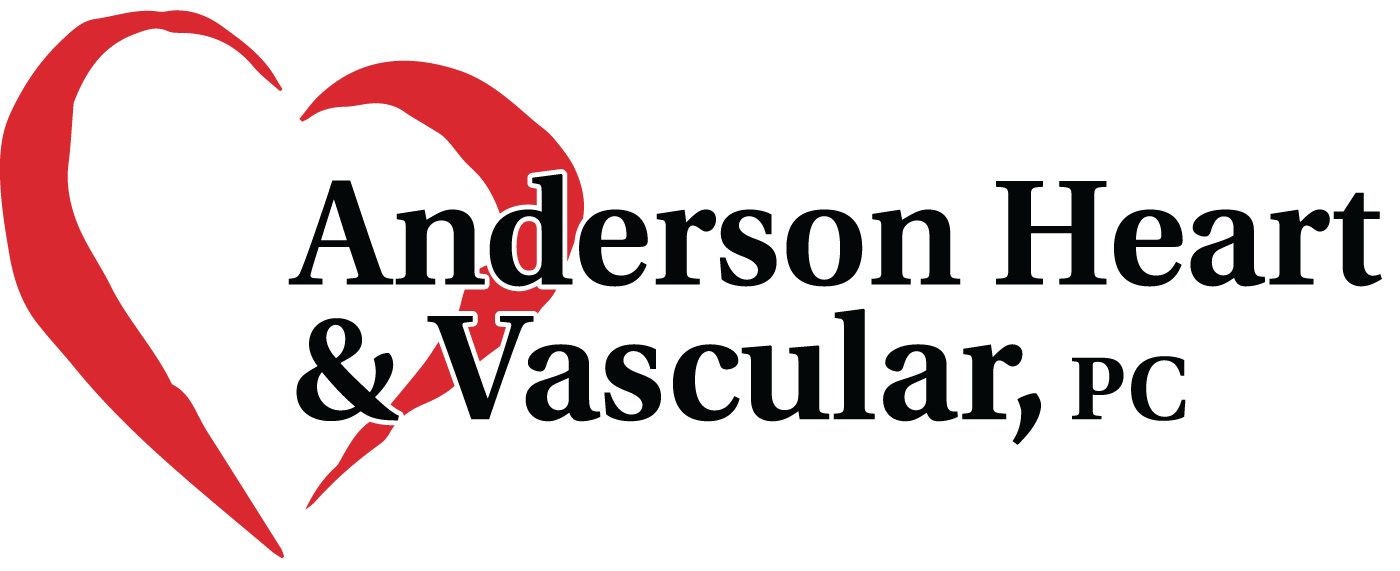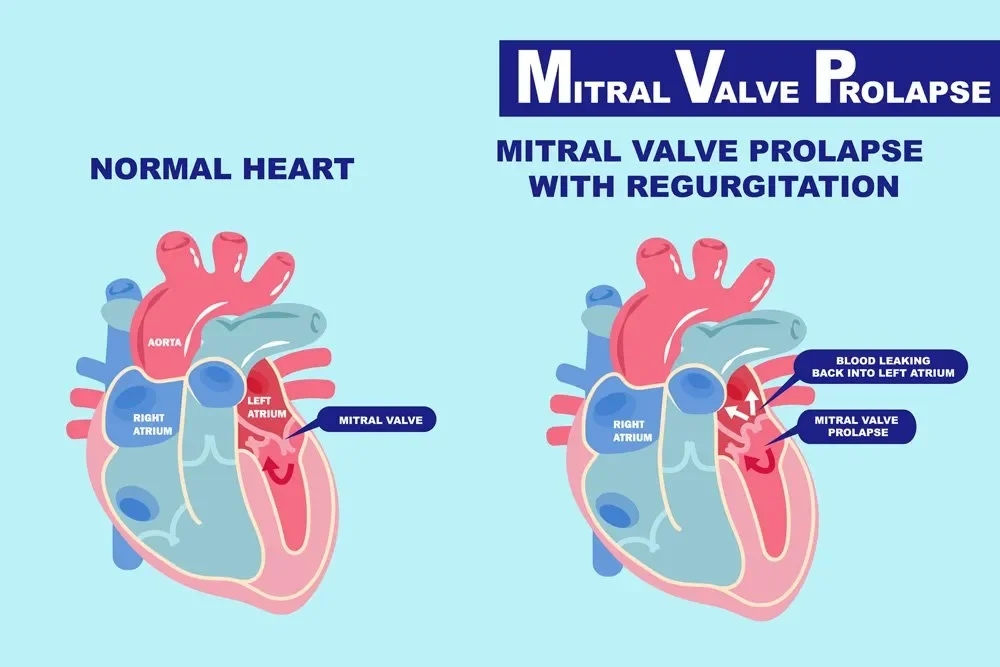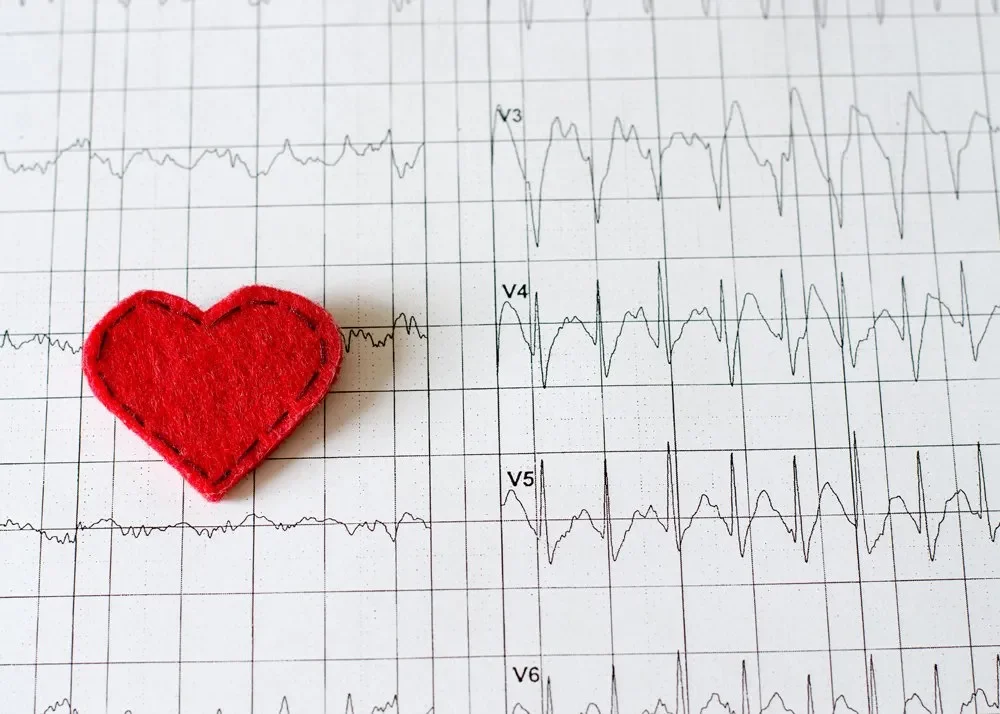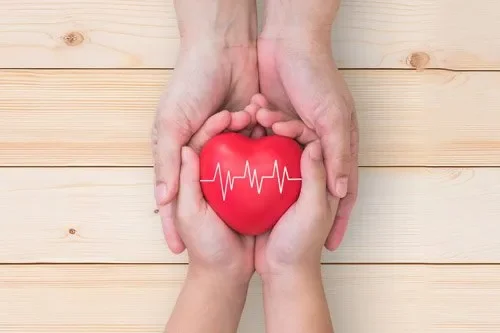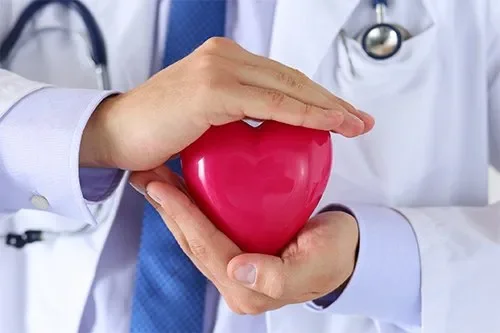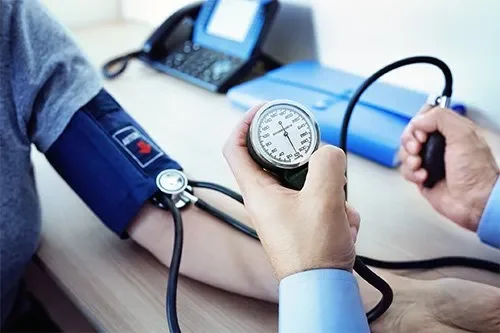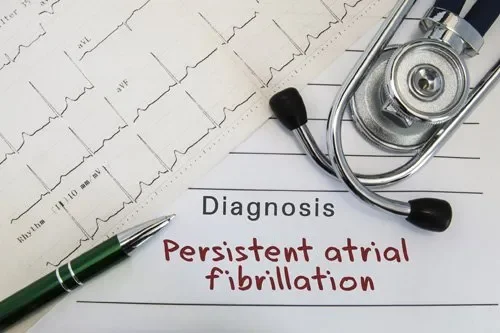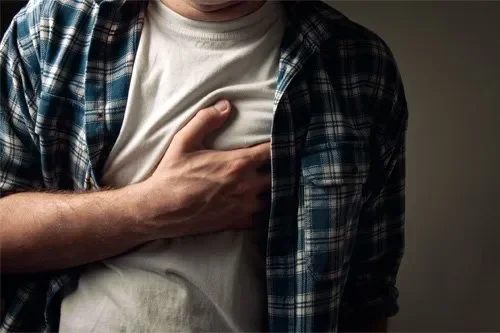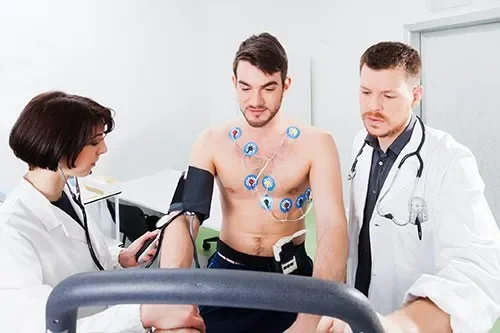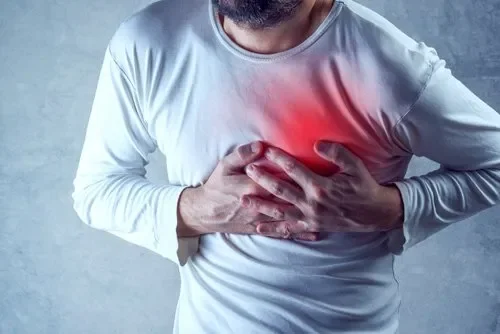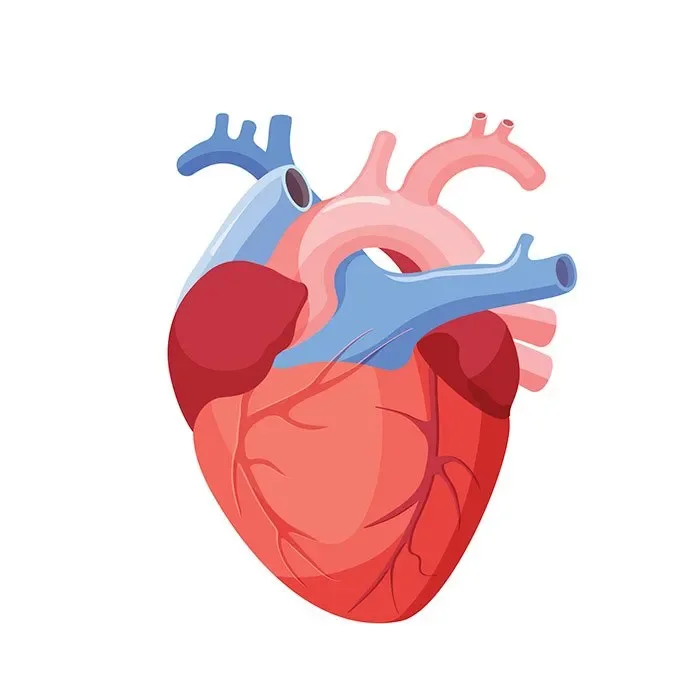Blog
Learn more about common cardiovascular conditions, patients’ frequently asked questions, new findings in the heart and vascular medical field, and more on our blog.
Learn About Postural Orthostatic Tachycardia Syndrome (POTS)
If you've been dealing with symptoms of anemia, like fatigue, lightheadedness, and a fast heartbeat, you may have been treating your symptoms with iron supplements and B12 vitamins. However, if you aren't getting any better, you may want to visit your doctor to see if there's an underlying problem. Symptoms of anemia can imitate a condition called Postural Orthostatic Tachycardia Syndrome (POTS).
What You Need to Know About Mitral Valve Prolapse
Mitral valve prolapse affects nearly five percent of Americans, according to Harvard Medical School. If you have this cardiac disorder or think you may have it, take a look at what you need to know.
Everything to Know About Tachycardia
Tachycardia is the medical term for an irregularly fast heartbeat. While it's associated with the heart, you don't have to suffer from heart disease or cardiovascular problems to have tachycardia. Many people are born with minor forms of tachycardia, but even a minor case can result in death if you can't get your heart rhythm back to normal.
If you would like to know more about tachycardia, check out these commonly asked questions.
Understanding and Treating 4 Common Types of Heart Disease
Some people are surprised to learn that heart disease comes in many forms. Because they all can be deadly, proper understanding is imperative. With this guide and your heart specialist's help, you will become better able to prevent a few common forms of heart disease.
The Top Stress Echocardiogram Questions Answered
Your doctor just ordered a stress echocardiogram. Now what? It's normal to have questions about this, or any, diagnostic test. If this is your first echocardiogram experience, take a look at what you need to know about a stress echo.
How Smoking Increases Stroke Risk and How Carotid Ultrasounds Help
Cigarette smokers face a multitude of health issues that threaten their well-being and even sometimes their lives. The worst of these issues typically occur in the heart. For example, carotid artery disease occurs in many smokers and may increase their stroke risk in unexpected and excessive ways. Thankfully, diagnosis with carotid ultrasound machines can help focus treatment.
3 Essential Facts You Need to Know About Hypertension
Throughout the day, the blood pressure running through your arteries fluctuates. If the force of blood becomes too high for various reasons, the heart must work harder to pump blood throughout the body. This increased blood pressure is known as hypertension.
Even though an estimated 68 million Americans have high blood pressure, the condition is not understood by most people well. By learning these key hypertension facts and working with your doctor, you will be able to understand, diagnose, and possibly prevent high blood pressure.
Atrial Fibrillation: What You Need to Know
More than 2.7 million people in the U.S. have atrial fibrillation, also known as AF, according to the American Heart Association. This cardiac condition causes irregular heartbeats and may lead to serious situations such as stroke. If you're concerned that you might have AF, take a look at the steps that can lead to a doctor's diagnosis.
At the Heart of the Matter: The Truths Behind 3 Common Heart Disease Myths
Your heart is an imperative part of your life. While responsible for pumping blood through blood vessels, the heart also moves the oxygen your cells and organs need to live and thrive. Unfortunately, the heart is also susceptible to a variety of issues and diseases that cause life-threatening complications.
Heart disease affects an estimated 60 million Americans. Even though this disease is so common, most people do not have a complete understanding of the condition. This guide and the advice of medical professionals will help you learn the truth behind a few common myths associated with heart disease.
Nuclear Stress Tests: A Guide for Patients
If your doctor suspects that you have heart disease, a blockage, or circulatory issues relative to the heart, they may recommend that you have a nuclear stress test. A nuclear stress test is not like the usual echo stress test, which uses ultrasounds to monitor the blood flow through the heart before and after stress. The nuclear test gives a much more defined look at heart functions.
Learning that your doctor wants you to have a nuclear stress test can be scary, but it is a perfectly safe and non-invasive procedure that will give the cardiologist a closer look so they can best recommend treatment options. Take a look at some of the more common questions and concerns regarding nuclear stress tests so you will be prepared for the procedure.
3 Strange Symptoms of Heart Problems
Labored breathing and a clutched chest might be the way TV characters depict sudden heart problems, but that isn't always what happens in real life. Unfortunately, years of incorrect depictions have led many people to underestimate their own health symptoms, sparking dangerous situations.
It’s important to understand what symptoms are commonly associated with heart attacks or heart issues. So here are three strange symptoms that you might not realize are being caused by heart problems.
What to Know About Sclerotherapy for Varicose Veins
Varicose veins are more than just a cosmetic issue. For many people, varicose veins cause their legs to ache and feel heavy. This is particularly true after exertion. Elevating your legs can help reduce leg pain. However, it doesn't fix the problem.
What You Need to Know About Carotid Ultrasounds
Heart issues can feel frightening because they are so mysterious. Many people do not know a lot about the process of undergoing the procedures involved in diagnosing heart issues. Among these procedures is the carotid ultrasound.
The carotid ultrasound is an imaging test during which doctors are able to create a picture of the inside of the carotid arteries thanks to high-frequency sound waves. After seeing the results of the ultrasound, a doctor can determine a plan of action for treatment.
Why You Might Need an Echocardiogram and What It Reveals
When you visit a doctor, he or she might recommend getting an echocardiogram, which is a test used to locate problems with the heart. Here are several reasons you may need one of these tests, as well as the types of issues a doctor can find through echocardiograms.
Men Under 30: Why Do You Feel Chest Pain and Short-Winded During Exercise?
If you're in your early 30s, you might not expect to feel chest pain or short-winded when you exercise. As a relatively young individual, these symptoms may frighten or even alarm you. Your symptoms may be caused by coronary artery disease (CAD).
